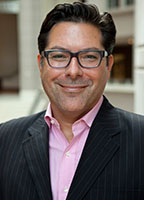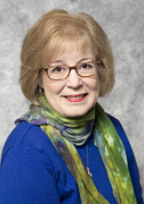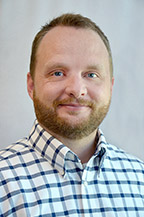
Keynote Speaker
The featured keynote speaker was Dr. Shane Lopez, who is the world’s leading researcher on hope. His mission is to help people of all ages exercise some control over what their future can become and to teach them how to aim for the future they want in school, work and life. Dr. Lopez is Gallup Senior Scientist in Residence and Research Director for the Clifton Strengths Institute. As chief architect of the Gallup Student Poll, he has measured hope in over a million people. This measure of hope, engagement, and wellbeing taps into the hearts and minds of U.S. public school students to determine what drives achievement. (It is available at no cost to any school or district interested in using it to start a hope conversation in their community). Dr. Lopez is the director of the annual Gallup Wellbeing Forum, which convenes scholars, leaders, and decision makers to discuss the issues that determine happiness and health.
He researches the links between hope, strengths development, academic success, and overall wellbeing and collaborates with scholars around the world on these issues. He specializes in hope and strengths enhancement for students from preschool through college graduation, advocating a whole-school strengths model that also builds the strengths expertise of educators, parents, and youth development organizations.
2015 UM System President’s Advising Summit

Keynote Speaker
Ruth Harper, Ph.D., NCC, is professor of counseling and human development at South Dakota State University, where she coordinates the student affairs administration and college counseling specialties. Dr. Harper is co-author of More Than Listening: A Casebook for Using Counseling Skills in Student Affairs Work (NASPA, 2010) as well as Assisting Students with Disabilities (Corwin/ASCA, 2007). She is the co-adviser of SDSU’s Gay-Straight Alliance and is on the advisory council of the American Indian Education and Culture Center.
Prozac Nation Goes to College
More and more college students seem to be dealing with depression, anxiety, suicidal ideation, and other mental health concerns. Advisers, though not therapists, are often the first to notice a student who is struggling. This interactive session briefly explores the wider context of students’ mental health issues and provides a list of problematic behaviors that sometimes indicate a need for intervention. Ideas for initiating difficult conversations, acknowledging students’ difficulties while remaining affirming, and working effectively with mental health professionals are also included.

Lunch Speaker
Dr. Colton Miller believes people have the ability to change/adapt their behavior, cognitions and reactions when desired. Though he uses a variety of treatment approaches contingent upon the client’s needs, the basis of his approach to therapy is called Cognitive Behaviorism (CBT), which has been empirically supported to provide positive outcomes for many presenting concerns. Dr. Miller believes a collaborative relationship between client and therapist provides an atmosphere of trust, openness and authenticity. Sensitivity to the client’s emotional state and concerns helps him form decisions about the timing and delivery of challenges and interventions. He strives to build a warm and trusting relationship with his clients and by doing promotes growth, healing, and healthy development. Additionally, Dr. Miller is the clinical director for the Autism Mentor Program and an adjunct faculty member with the Department of Psychological Sciences.